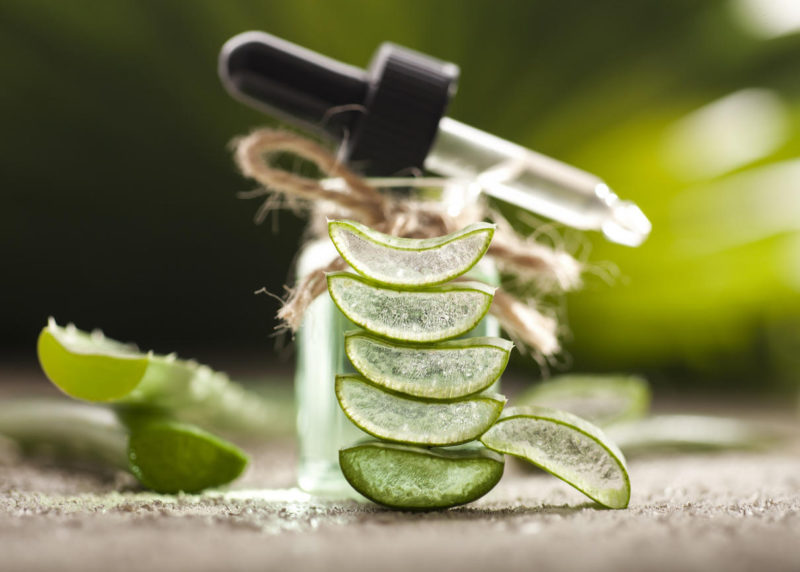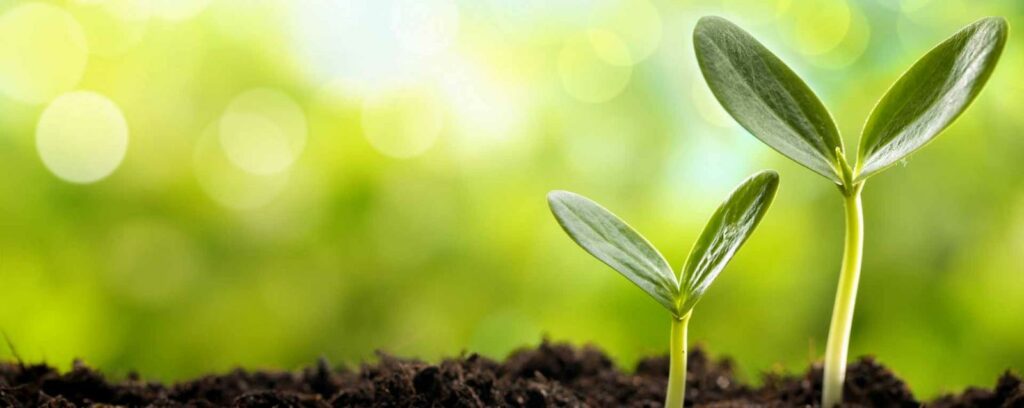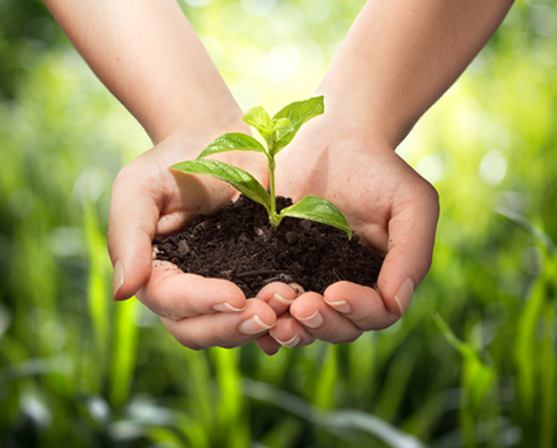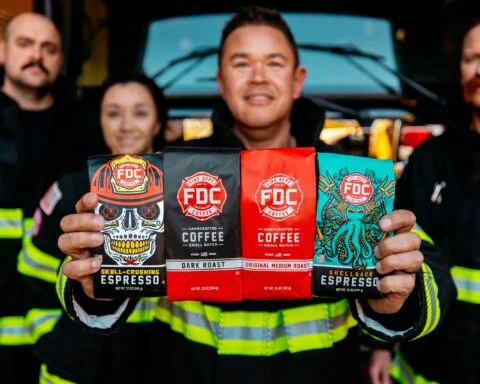Business Name and what it does

The site Comprar Productos Naturales promotes and sells different products, all of them in the natural world. Five types of natural products are distinguished:
- Eco
- Bio
- Organic
- Vegans
- Sustainable
In different categories:
- Cosmetics
- Clothing
- Food
Finally, when all the types are crossed with all the categories, 28 groups of natural products are obtained, all of them perfectly classified on the site for a better shopping experience.

Founder’s/Owner’s story and what motivated them to start the business
The site Comprar Productos Naturales was born after verifying that the offers of natural products on the web were very confusing. Natural and bio are in fashion and many people take advantage of that. Calling something Bio is easy but, what is Bio? Alternatively, what is Eco? In addition, what about Organic, Vegan and Sustainable products, are they the same? Are any of them Bio or Eco? Are they worth the same?
However, the confusion is not only born from the categorization but from the different products as well. An eco-product in food does not have the same characteristics as in cosmetics or clothing.
I created this website tired of living in confusion and in a society whose companies try to get more margins on their products simply by designing a nice green label that says eco in one of its corners.

The challenges the business/market is facing
For this reason, the most professional and honest behavior is to explain to the Market and its members what each category is, what it is for and how to use each product.
Eco products are those with a particularly careful manufacturing process that:
- It does not use any chemical product, such as pesticides, herbicides, artificial fertilizers or growth hormones, preserving natural resources as much as possible.
- Uses the best environmental practices.
- Uses renewable resources integrated into local systems.
- Applies demanding standards on animal and plant welfare.
Bio products are those that have not undergone any modification during their production process and therefore:
- They incorporate a natural process of species selection. Raw materials are selected naturally without being genetically altered to improve their characteristics.
- Contribute to the care of biodiversity and it manages the conservation of the variety of species in the ecosystems.
- They have more nutritional contributions. No chemical pesticides, synthetic fertilizers or antibiotics are used which significantly reduce its nutritional qualities.
Organic products are completely free of chemical residues and synthetic additives, in addition to not having any type of genetic alteration. They are products that:
- They help maintain and increase soil fertility, as they do not contain chemical additives or synthetic compounds.
- They use crop rotation as a natural way of regenerating the land on which they are grown.
- They preserve the purity of the underground water springs under their cultivation areas.
- They prevent the loss of biodiversity in the subsoil and the erosion of the field.
Vegan products are those that do not have any substance of animal origin or derivative in their components. Thus, the vegan seal guarantees that it is a product that does not contain ingredients or products from slaughtered animals.
Sustainable products are those that leave a minimal footprint on the environment and therefore reduce the environmental impact compared to other products in the same range.
Sustainable products are made with the utmost respect for the environment and protecting the people and communities that have participated in the entire production process. Their production allows them to last over time without jeopardizing the future of local communities and subsequent generations. One way to buy natural products guaranteeing a minimum impact but without giving up certain attractive characteristics is to consume sustainable products.

These would be the most formal and generic definitions, but later they apply especially to each type of product. In addition, there is a term that encompasses all of them and that gives this website its name: natural products.
For example, natural cosmetics is understood as that product that is made from natural elements or of natural origin. This concept encompasses all those cosmetic products that:
- They have been made with ingredients that come from our nature, such as those derived from animals (beeswax…), vegetables (plants and phytochemicals), and minerals (clays…), the most notable being the phytocomponents. “Semi-natural” elements such as glycerin, waxes, hydrolyzed proteins, and so on, can also be considered components of this set.
- Its production methods are permitted and the ingredients do not come from genetically modified organisms (GMO).
- They are responsible and respectful of the environment.
- In some cases, preservative substances and synthetic colorants can be part of this type of natural cosmetic products, but in a very low percentage.
After reading this, stand in front of the shelf at your trusted health food store. I am sure of two things: the first one is that you will not be able to fit the products you see into these categories, fundamentally because they do not give you enough information about each product and, second, that you are now better informed than before to make a responsible decision that, even, may be not to buy.

The opportunities the business/market is facing
When we talk about these products and categories, we are not talking about a single market. The term natural is spread across the different types and categories that the web covers.
For example, the organic market is in a good moment. The passionate work carried out by a conscientious minority since the 1980s is beginning to bear fruit. More and more people confirm the relationship between health or disease and food. Organic food is much more than a food option: it incorporates other values such as curbing climate change, the effort to improve the environment, ethical concepts and animal welfare, stopping the rural exodus, etc.
The market for organic products will grow incessantly. Published studies on the organic food sector show that it will have double-digit annual growth. The profile of the ecological consumer is also changing, from consumers between 35-50 years old to millennials under 35, who already make up almost 30% of consumers of organic products.
On the other hand, “bio” foods are already on the shelves of large surfaces. It is estimated that in the next 10-15 years the consumer will only demand organic vegetables and fruit.
These optimistic figures hide another reality: the success of organic food has led to large companies in the agriculture-food industry that see it as a new business vein. Organic farming emerged as a healthy, sustainable and fair alternative to a model characterized by homogeneous, intensive, delocalized production, full of pesticides, precarious work and abuse of the peasantry; organic food, in the hands of these same companies, could suffer from the same bad practices except for the use of toxic pesticides.
The entry of bio and eco products into large distribution, as well as the opening of bio supermarkets by other companies, has raised the debate on the opportunity and potential threat that these practices mean for the sector. Sales through these giant supermarkets make it possible to reach a larger public and sell more products, but the supermarkets are, at the same time, the main responsible for the unfair model of food production, distribution and consumption. We may eat healthier products, but where do they come from, under what conditions have they been made, what wages do they pay their workers, are some of the questions that must be asked.
The agriculture-food industry has also seen business in this constantly growing sector and they market many products under the bio label. These companies offer us ecological options on the one hand while on the other they want to sell us food where respect for the environment and the quality of the ingredients is the last thing that matters. Large distributors also have their white organic brands and do not hesitate to wear green in order to continue doing business.
Advice to others about business
For all those who, like me, have a concern for nature and for society, I would suggest that they promote these products in an equally natural way.
These types of products should serve to make our society better and healthier and not as a commercial excuse to sell more. Let us avoid the use of superdesigned labels. They only try to convince the consumer that the product is either green, natural, bio, eco or whatever the manufacturer wants in order to sell.
The commercial and partisan use of these concepts will only serve to confuse society, which, in any case, will continue to buy more and more of this type of product as long as the label is green and any of the terms mentioned appear.
I encourage everyone to honestly promote these types of products. The more we are, the more we will push large companies to adopt the same open and honest view of the market, which will undoubtedly produce a significant improvement for consumers.
Alternatively, if you want to go beyond the world of consumption and food to something, for example, more mundane, I recommend that you access my site where I collect news and articles from the world of car tuning.
- Eye Spy: Worldwide Eye Color Percentages - April 19, 2024
- Elevate Energy, Soothe Stress, And Peak Performance with The New UNBEETABREW Coffee Sensation - September 21, 2023
- Chef Bob’s Coffee: A Journey Fueled by Passion - July 29, 2023





